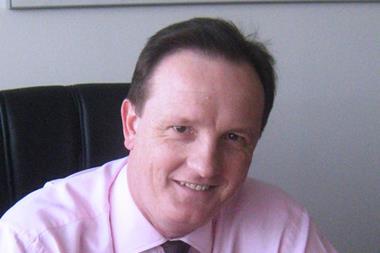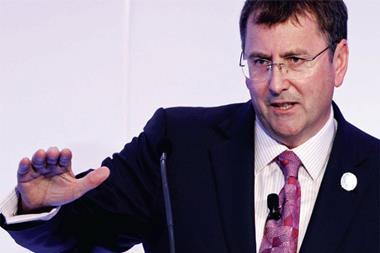Tesco’s decision to accelerate the process of change to its core chain was a big surprise to the stock market. If the company’s new guidance for its financial period to February 2013 is not the major surprise of the year in the food retail industry, then there are some big announcements to come. The scale of the decision can be best measured by the fact that virtually every domestic news channel carried the story. Tesco became the leading dinner table debate across the UK - for all the wrong reasons.
Tesco is a great British company, a national corporate champion. It has delivered for its customers and long-term investors, doing so through an amalgam of corporate traits that are easy to trot out but much harder to deliver. The vision of management to extend a domestic grocer into international markets, non-food categories, remote channels and much larger areas such as financial services and telecoms was courageous, brilliant and fabulously executed.
However, Tesco is not perfect. There is less ‘give’ for an organisation when it is market leader. Distraction, complacency, whatever, has provided a reason for some of its shoppers to try something new, for critics to poke chinks in its armour and for competitors to seize the opportunity that underperformance from the only retailer with truly broad appeal can provide.
Tesco has been aware of, but perhaps not alive to, its competitive inadequacies for some time, which is reflected in unflattering UK sales. The company has been seeking to improve through initiatives on price, range, service and experience. But recently, internal expectations that change could be gradual have had to be adjusted to steeper steps.
Tesco draws a lot of opinions. Through the scale of its development it comes up against a much greater number of vested interests. I was struck by Tim Lang’s comment that it lacked empathy with people (‘Get the human factor back, Tesco’, 21 January, p27). For Tesco to be more successful, we sense that in addition to retail disciplines, which management should have the wherewithal to fix, it needs to invest in what made it so successful: listening to customers and communities - and ignoring the competition.
Sign in to comment on this article
Not logged in before? Register for FREE guest access today.
You will be able to:
- Read more stories
- Receive daily newsletters
- Comment on stories
Advert



















No comments yet